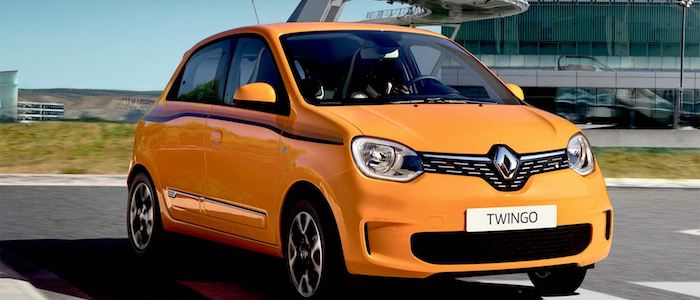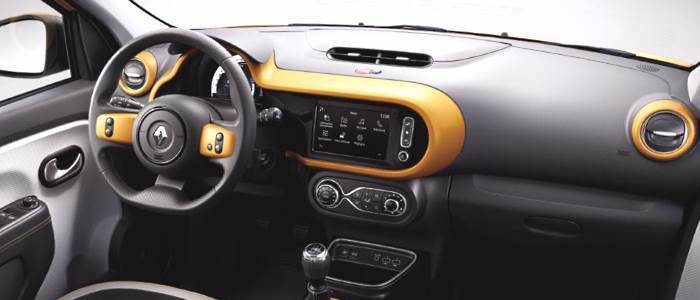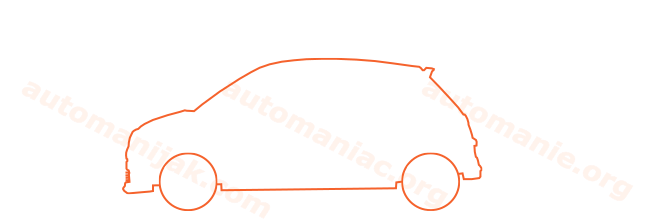Compare two cars
Compare any two cars and get our Virtual Adviser™ opinion
Dimensons & Outlines
Check vehicle history
Engine
Performance (manual gearbox)
Performance (automatic gearbox)
Expenses
Virtual Adviser's™ opinion
Two significantly similar cars, no doubt about that. Still, each one has something different to offer. Having both cars powered by petrol engines and utilizing the 5-door hatchback body style within the same 'Micro car' segment, the only major difference here really is their wheel drive configuration (front for the Volkswagen and rear in the case of the Renault). The first one has a Volkswagen-engineered powertrain under the hood, a 3-cylinder, 12-valves 115hp unit, while the other one gets its power and torque from a 3-cylinder, 12-valves 73hp engine designed by Renault.
SafetyA starting point here would be to take a look at the results from European New Car Assessment Programme (Euro NCAP) tests which were performed on both of the cars, with the Renault being a slightly better choice apparently. That aside, let's consider some other aspects which affect safety. Both vehicles belong to the micro car segment, which is generally a misfortune safety-wise, still it doesn't help us solve our dilemma, does it? Furthermore, taking kerb weight as an important factor into account, the German car offers a marginal difference of 9% more metal.
ReliabilityI don't like generalizing things when it comes to reliability, although it does seem that Renault does have a slight advantage, all the models observed together. These are the official statistics, while our visitors describe reliability of Volkswagen, as well as Renault, with the same average rating of 4.2 out of 5. Unfortunatelly, I don't have enough insight that would allow me to comment in more details on the specific models level. We should definitely mention that owners of cars with the same powertrain as the German car rank it on average as 4.7, while the one under the competitor's bonnet gets 4.1 out of 5.
Performance & Fuel economyVolkswagen is way more agile, reaching 100km/h in 5.3 seconds less than its competitor. In addition to that it accelerates all the way to 196 kilometers per hour, 33km/h more than the other car. When it comes to fuel economy the winner has to be the French car, averaging around 4.4 liters of fuel per 100 kilometers (64 mpg), in combined cycle. We can't ignore that 25% difference compared to the German car.
Verdict
Volkswagen appears just a bit more reliable, although the difference is truly marginal. The most important thing when deciding between any two vehicles should always be safety, both passive and active. In my opinion, everything taken into account, the French car offers slightly better overall protection and takes the lead. From there things take a different direction, with Volkswagen outracing its opponent in any situation possible, making it better choice for boy racers. It does come at a cost though, and that's the fuel consumption... It's really tough to make a final decision here, but if I'd need to, I'd say Volkswagen. In any case that's my personal view, built upon all the data available to me. What should decide here though is the way you feel about the two vehicles, and I hope you'll find my guidelines useful in the process. In case you have two minutes to spare I invite you to define your needs, desires and budget and see which car would be chosen by the virtual adviser™, out of 12.000+ vehicles we currently have in our database.
































